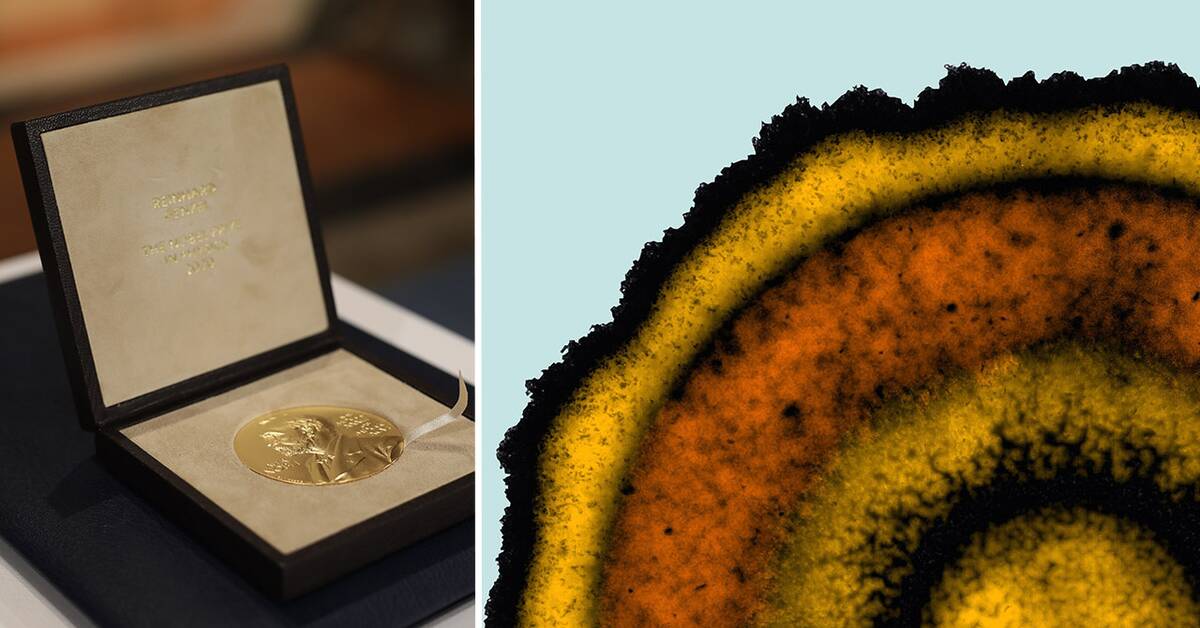Can bacteria talk to each other?
- Yes!
They have the ability to communicate and build nests together.
For a long time, the single-celled bacteria were thought to be boring types that only lived by themselves.
But Peter Greenberg, who today calls himself a socio-microbiologist, has since the 1970s researched how single-celled bacteria can both cooperate and fight over food.
He named their way of communicating
quorum sensing
.
How do they communicate?
- The bacteria send out chemicals that roughly say "Here I am".
Then the bacteria in the group can calculate how many bacteria they have around them.
When there are enough of them, they can act as a single creature, for example go to attack, or build their common nest called a biofilm.
It is a kind of fortress that serves both as protection from the outside world and food for the bacterial colony that lives there.
But where are these colonies?
- The trace of the very first life that has been discovered is actually the fossil of a bacterial biofilm.
It is 3.5 billion years old and is found in Australia.
Both caries and plaque in the teeth are examples of biofilm.
Biofilm infections in inoperable prostheses or heart valves are today a major problem in healthcare.
So who should get the prize?
- Peter Greenberg and the molecular biologist Bonnie Bassler who have also made several discoveries about the language of bacteria.
They were both awarded the prestigious Wolf Prize this year, which is an indication that the Nobel Prize may be close.
Do you also have a favorite that has been with you for a few years?
- It is the chemist Omar Yaghi who has invented a kind of molecular balls,
metallic organic frameworks
, abbreviated MOF.
It is an extremely porous material that can be used to capture carbon dioxide from water, store hydrogen or extract drinking water from the water vapor in the air.
Do you have any bubbler then?
- Last year, the magazine Nature listed the Englishman John Jumper as one of the ten most influential researchers in 2021. He works at the British company Deepmind and has led the group that developed Alphafold - a program that can predict the shape of proteins using artificial intelligence.
An invaluable tool for all experimental chemists in the world - writes Nature.
But the question is whether the world is ready to give the Nobel Prize to artificial intelligence.
At 11:45 today at the earliest, we will find out who or who will be awarded the Nobel Prize in Chemistry 2022. Watch the press conference on SVT play from 11:40 or on svt.se.

